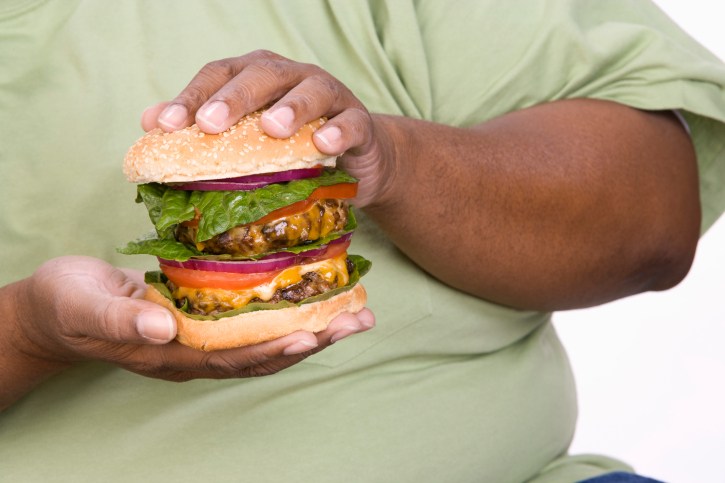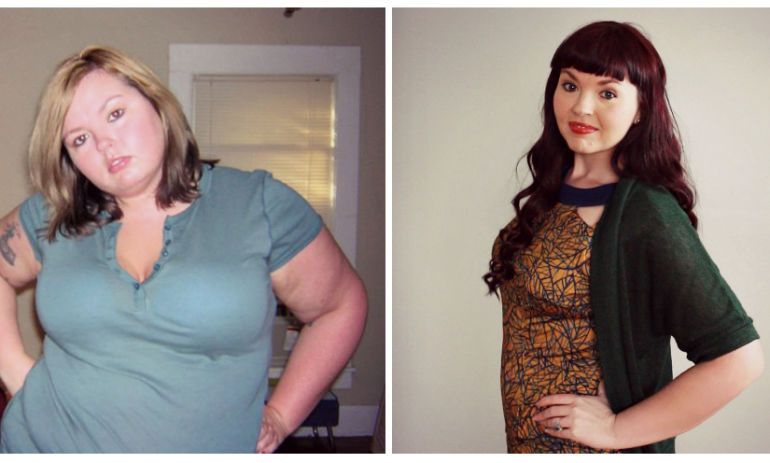Lose Weight > Common Sense To Lose Weight > Common Sense Article > 5 Tips to Reduce Your Exposure To Toxins (And Lose A Few Pounds In The Process)
5 Tips to Reduce Your Exposure To Toxins (And Lose A Few Pounds In The Process)
These toxins come from our foods, our water, our air, our household cleaners, our cosmetics, plastic containers, building materials, and about a million other places. And they are not benign. In large amounts, many of the chemicals we are exposed to are obvious toxins. However, we now know that even in practically immeasurably tiny amounts, many can still wreak havoc. And we really have no idea how multiple different chemicals interact in the body, yet we are a veritable soup of environmental chemical interactions! Some chemicals and heavy metals can affect our nervous systems causing anxiety, insomnia, ADHD, chronic fatigue, autism, Parkinson’s disease, and Alzheimer’s dementia. Others, for example plastics and pesticides, affect our hormones leading to thyroid disease, diabetes, PCOS, and infertility. Our immune systems are also affected, which helps to explain rampant increases in autoimmune conditions, inflammatory diseases, skin problems, and even cardiovascular disease. There are well-established connections between toxin-mediated changes in our endocrine and immune systems and obesity. More environmental chemicals = More fat. And since these chemicals are stored in our fat cells, more fat = more chemicals. (Though you can be thin and have a high body burden, too).
And check this out: a high body burden can prevent people from losing weight! So reducing your exposures and thus your overall body burden can actually help you lose weight! Identifying chemical and metal exposures and eliminating them is one of the many strategies we use for treating disease, helping folks lose weight, and improving overall wellness naturally at The UltraWellness Center in Lenox, Massachusetts, where I practice Integrative and Functional Medicine. Unfortunately, we can’t always control or eliminate all of our toxic exposures. Major regulatory and industry policy changes (which we can accomplish in groups!) are needed. But we can do our part to reduce our own body burdens and thus the environmental load with these 5 simple steps: 1. Eat organic.
While there is some controversy over whether organic foods are more nutritious than conventional foods, there is no doubt from a body-burden perspective, that they are safer and healthier. Eating organic prevents exposure to pesticides, herbicides, antibiotics and a myriad of other chemicals in our food supply in the US. It also prevents exposure to chemicals that are banned in the US, but still used in other countries and which show up in our foods (and bodies!) through imported produce and meats.
If eating all organic is too expensive, at least make sure your meats and dairy products are organic, as these are repositories for environmental contaminants. Also, make sure that you avoid or eat only organic picks from the “Dirty Dozen,” which is a list of the most contaminated foods, as determined by the EWG. These include: apples, celery, strawberries, peaches, spinach, nectarines (imported), grapes (imported), sweet bell peppers, potatoes, lettuce, blueberries, and kale.
A famous study on kids in Washington State showed that even after just a few days on an organic diet, the levels of toxic chemicals in their blood dropped dramatically, while there was no change in kids who were kept on a similar, but not organic diet. Visit the Environmental Working Group's food news page to learn more about safe and healthy shopping, and the Dirty Dozen.
2. Use eco-friendly household cleaning products.
What we clean our homes with leaves residues on our counters, bedding, in our air, and just about everywhere – and we ingest, breathe, and absorb them. Yes, they are more expensive, but we can no longer put a price on our health or that of future generations. Even large supermarket chains are carrying eco-friendly cleaning products by companies such as Ecover and Seventh Generation. The EWG also has a great resource for environmentally friendly cleaning supplies here.
3. Have a zero-tolerance policy toward plastic bottles.
Most leach endocrine disrupting chemicals into your water and other beverages. Carry drinking water in a glass bottle instead. Yes, it’s a little work to remember, but believe me, it’s less work than having cancer or diabetes, and those are just a few of the risks of plastic exposure.
Good old-fashioned mason jars are also a terrific and inexpensive alternative. Personally, I carry my Life Factory water bottle wherever I go. It’s virtually indestructible. 4. Use environmentally-friendly cosmetics and body products.
Did you know there is lead in some lipsticks? Sure enough, most commercial cosmetics are laden with heavy metals and other toxic ingredients. Ditto on body products ranging from shampoos and deodorants to sunscreens and lotions. Ladies, consider taking the French-women’s approach to beauty – au natural, simple elegance, minimal make-up. There are also some fantastic cosmetic companies providing cosmetics with safe ingredients.
Learn to read labels and avoid ingredients known to be especially harmful. For more information and resources, including companies with clean ingredients and eco-friendly policies – and those to avoid check out SafeComestics.org. 5. Green up your home.
Fabric protectant chemicals and flame-retardants are just 2 classes of the numerous seriously harmful toxins that are built into your sofas, chairs, carpeting, and other household décor and building materials. Nearly all of these are known carcinogens and endocrine disruptors. Minimize these by emphasizing wood, metals, and untreated natural fibers, and learn more about green building and décor here. For more on eco-friendly upholstery, read this.
I promise you that by becoming mindful of the above habits, you will reduce your toxic chemical exposure, decrease your risks of cancer, heart disease, and diabetes, you might find that your mood improves, some aches, pains, itches or rashes clear up, and if you are already have a generally healthy lifestyle but are carrying a little extra weight, you might just shed a few extra pounds in the process!
Photo Credit: Shutterstock.com
Related Articles
-
How To Drop Weight Naturally When Youre Over 40
You may perhaps have heard the famous li
-
Three Day Weight Loss Program – How To Do It And Why It Works
How to do the Three Day Diet in a healthful way is a common topic from
-
Finding a Self Managed Weight Loss Program – Diet Plans for free Weight Loss
The belly fat due to your over weight has just got to go. Losing off t
-
Even Olympians Battle Weight Fluctuations
Theres no other time when the country comes together in front of the g
-
Healthful Tips for Healthy Weight Loss
Summer is quickly approaching, and that means that bathing suit sea
-
The Secret to Eating As Much As You Want And Losing Weight
A recent study backed by forceful evidence has revealed that wh
- DON'T MISS
- Exercise Diet And Weight Loss When Do Your Desires Turn Into Lifestyle Habits
- Ways To Take Off Weight With The Cabbage Soup Lifestyle Diet
- Healthier Life With Alli Diet Aid.
- Is Margarine Now A Heart-Healthy Spread?
- Exercise for the Busy Mom
- Low Carb Diets The South Beach Diet Atkins Diet Zone Diet And More
- Weight Loss - A Practical Solution
- Want To Succeed On Your Diet Find A Diet Buddy
- Definition: Healthy Dieting
- Effective natural remedies, prevention, lifestyle changes and diet for diabetes




